The coverage area of the UPSC Mains Syllabus is huge. The Civil Services Examination (CSE) will consist of a written examination and an interview/personality test. General Studies, Optional and Essay Writing subjects are all included in the UPSC Mains Syllabus PDF. It is an important tool for applicants as they organize their study plans and schedule specific times for each subject.
UPSC Mains Syllabus 2024: Overview
Candidates who are preparing for the UPSC exam need to know the syllabus of both the preliminary and main exams. In this article, we have provided the detailed syllabus of the Mains Exam.
| Category | UPSC Mains Syllabus |
| No. of Papers | 9 Papers |
| Types of Paper | Conventional Papers (Descriptive Type) |
| Time Duration for Exam | 3 Hours for Each Paper |
| Languages of Exam | Hindi & English (Except Language Paper) |
| Negative Marking | No Negative Marking |
UPSC Mains Exam Pattern 2023
Candidates who qualify for the preliminary examination will be able to appear in the main examination. Candidates must qualify for each paper as this is the stage of the examination process where the scores and ranking are determined. The Main Examination assesses the candidate’s academic knowledge as well as his/her ability to effectively express his/her understanding within the allotted time as per the requirements of the question.
| Qualifying Papers | Marks | |
| Paper-A | The candidate must choose one of the Indian languages listed in the 8th Schedule of the Constitution. | 300 |
| Paper-B | English | 300 |
| Paper Counted for Merit | ||
| Paper-I | Essay Paper | 250 |
| Paper-II – GS-I | History and Geography of World and Society, Indian Heritage and Culture. | 250 |
| Paper-III – GS-II | Indian Polity, Constitution, Governance, Social Justice and International Relations. | 250 |
| Paper-IV – GS-III | Economic Development, Technology, Environment, Biodiversity, Security and Disaster Management. | 250 |
| Paper-V – GS-IV | Ethics, Integrity and Aptitude. | 250 |
| Paper-VI | Optional Subject – Paper 1 | 250 |
| Paper-VII | Optional Subject – Paper 2 | 250 |
| Total of Written Test | 1750 | |
| Interview/Personality Test | 275 | |
| Grand Total | 2025 | |
UPSC IAS Mains syllabus
Apart from the Indian Language and English papers, other papers of the Main Examination are counted for qualifying. For detailed coverage of UPSC CSE Mains syllabus of General Studies and Essay Papers, read the complete article.
Language Papers (Indian Language and English)
| English Language | Indian Languages |
| Comprehension of given passages Precise Writing Usage and Vocabulary Short Essays | Comprehension of given passages Precise Writing Usage and Vocabulary Short Essays Translation from English to the Indian Language and vice-versa |
Paper-I
Essay: Candidates may have to write essays on many topics. They will be expected to pay close attention to the essay topic to organize their ideas systematically and write concisely. Credit will be given for effective and precise expression.
Paper II (General Studies-I)
Indian Heritage and Culture, History and Geography of World and Society.
- Major aspects of art forms, literature and architecture in Indian culture from ancient to modern times will be covered.
- Modern Indian history from the mid-eighteenth century to the present – important events, personalities, issues.
- Freedom Struggle – Its various phases and important contributors/contributions from different parts of the country.
- Integration and restructuring within the country after independence.
- World history will include events of the 18th century such as the Industrial Revolution, world wars, redrawing of national boundaries, colonization, decolonization, political philosophies such as communism, capitalism, socialism, etc. – their forms and effects on society.
- Salient features of Indian society, diversity of India.
- Role of women and women’s organizations, population and related issues, poverty and development issues, urbanization, their problems and their solutions.
- Impact of globalization on Indian society.
- Social empowerment, communalism, regionalism and secularism.
- Main characteristics of the physical geography of the world.
- distribution of major natural resources around the world (including South Asia and the Indian subcontinent); Factors responsible for the status of primary, secondary and tertiary sector industries in different parts of the world (including India).
- Important geophysical phenomena such as earthquakes, tsunamis, volcanic activity, cyclones etc., geographical features and their locations – changes in important geographical features (including water-bodies and ice-caps) and flora and fauna and the effects of such changes.
Paper-III (General Studies-II)
Governance, Constitution, Politics, Social Justice and International Relations.
- Indian Constitution-Historical Foundations, Development, Features, Amendments, Important Provisions and Basic Structure.
- Functions and responsibilities of the Union and the States, issues and challenges related to the federal structure, devolution of powers and finances to the local level and challenges therein.
- Separation of powers among various organs, dispute resolution mechanisms and institutions.
- Comparison of the Indian constitutional scheme with that of other countries.
- Parliament and State Legislatures – structure, functioning, conduct of business, powers and privileges and issues arising therefrom.
- Structure, organization and functioning of the Executive and Judiciary – Ministries and Departments of the Government; Pressure groups and formal/informal unions and their role in politics.
- Main features of the Representation of the People Act.
- Appointment to various constitutional posts, powers, duties and responsibilities of various constitutional bodies.
- Statutory, regulatory and various quasi-judicial bodies.
- Government policies and interventions for development in different sectors and the issues arising from their design and implementation.
- Development processes and the development industry – the role of NGOs, self-help groups, various groups and associations, donors, charities, institutional and other stakeholders.
- Welfare schemes for vulnerable sections of the population by the Center and States and the performance of these schemes; Mechanisms, laws, institutions and bodies were created for the protection and betterment of these weaker sections.
- Issues relating to the development and management of social sector/services related to health, education, and human resources.
- Issues related to poverty and hunger.
- Governance, transparency and accountability, important aspects of e-governance – applications, models, successes, limitations and prospects; Citizen’s Charter, Transparency and Accountability and Institutional and other measures.
- Role of civil services in democracy.
- India and its neighbouring relations.
- Bilateral, regional and global groupings and agreements relating to India and/or affecting India’s interests.
- Impact of policies and politics of developed and developing countries on the interests of India and the diaspora.
- Important international institutions, agencies and forums – their structure, and mandate.
Paper-IV (General Studies-III)
Technology, Economic Growth, Biodiversity, Environment, Security and Disaster Management
- Issues related to planning, dynamics, growth, development and employment of Indian economy and resources.
- Inclusive development and issues arising from it.
- Government budget.
- Major crop-cropping patterns in different parts of the country, – different types of irrigation and irrigation systems, storage, transportation and marketing of agricultural produce and issues and related constraints; E-technology in helping farmers.
- Issues related to direct and indirect agricultural subsidies and minimum support prices; Public Distribution Objectives, functioning, limitations, revival; buffer stocks and food security issues; Technology Mission; Economics of animal husbandry.
- Food Processing and Related Industries in India- Scope and Importance, Location, Upstream and Downstream Requirements, Supply Chain Management.
- Land reforms in India.
- Effects of liberalization on the economy, changes in industrial policy and their effects on industrial growth.
- Infrastructure: Energy, ports, roads, airports, railways etc.
- Investment model.
- Science and Technology- Developments and their applications and impact in everyday life.
- Achievements of Indians in Science and Technology; Indigenizing technology and development of new technology.
- Awareness in the field of IT, space, computers, robotics, nano-technology, bio-technology and issues related to intellectual property rights.
- Conservation, Environmental Pollution and Degradation, Environmental Impact Assessment.
- Disaster and disaster management.
- The relationship between the growth and spread of extremism.
- The role of external state and non-state actors in posing challenges to internal security.
- Challenges to internal security through communication networks, Role of media and social networking sites in internal security challenges, Basics of Cyber Security; Money Laundering and its Prevention.
- Security Challenges and their Management in Border Areas – Linkage of Organized Crime to Terrorism.
- Various security forces and agencies and their operational areas.
Paper-V (General Studies-IV)
This paper will include questions to test the candidates’ attitudes and viewpoints on issues related to honesty, and integrity in public life and their problem-solving approach towards various issues and conflicts they face in dealing with society. Questions can use a case study approach to determine these aspects. The following wide areas will be covered:
- Ethics and the human interface: essence, determinants and consequences of ethics in human actions; Dimensions of morality; Morality – in private and public relations. Human values – lessons from the lives and teachings of great leaders, reformers and administrators; Role of family, society and educational institutions in the development of values.
- Attitude: content, structure, function; its influence and relationship to thought and behavior; Ethical and political viewpoints; Social influence and persuasion.
- Competencies and Core Values for Civil Services: Honesty, impartiality and non-partisanship, impartiality, dedication to public service, empathy, tolerance and compassion towards weaker sections.
- Emotional Intelligence – Concepts, and their utilities and applications in administration and governance.
- Contribution of ethical thinkers and philosophers from India and the world.
- Public/civil service values and ethics in public administration: status and problems; ethical concerns and dilemmas in public and private institutions; Laws, rules, regulations and conscience as sources of ethical guidance; Accountability and moral governance; Strengthening moral and ethical values in governance; Ethical issues in international relations and financing; corporate governance.
- Integrity in Governance: Concept of Public Service; Philosophical basis of governance and integrity; Information sharing and transparency in government, right to information, code of conduct, ethics, citizen’s charter, work culture, quality of service delivery, use of public funds, challenges of corruption.
- Case studies on the above issues.
Paper-VI and Paper-VII (Optional Paper-1 & 2)
Candidates can choose any optional subject from the list of optional subjects given below:
- Agriculture
- Animal Husbandry and Veterinary Science
- Anthropology
- Botany
- Chemistry
- Civil Engineering
- Commerce and Accountancy
- Economics
- Electrical engineering
- Geography
- Geology
- History
- Law
- Management
- Mathematics
- Mechanical Engineering
- Medical Science
- Philosophy
- Physics
- PSIR Alternative
- Psychology
- Public Administration
- Sociology
- figures
- zoology
OR choose any language
Literature in any of the following languages: Assamese, Bengali, Bodo, Dogri, Gujarati, Hindi, Kannada, Kashmiri, Konkani, Maithili, Malayalam, Manipuri, Marathi, Nepali, Oriya, Punjabi, Sanskrit, Santhali, Sindhi, Tamil, Telugu, Urdu and English.
Some Important Facts About UPSC Mains Exam
- The main examination consists of two qualifying papers of 300 marks each, “Paper A” and “Paper B”.
- “Any Indian Language from the Eighth Schedule” and “English Language Paper” are the two qualifying papers for the Main Examination.
- Candidates must obtain 25% marks in each of both the qualifying examinations or 75 marks in each paper.
- Because the remaining seven papers are scoring in nature, the final merit list will include their scores.
- Candidates can answer each question in 7 competency-based papers in English or one of the eight scheduled languages.
- For papers VI and VII, candidates have to choose one subject from the list as their optional subject.
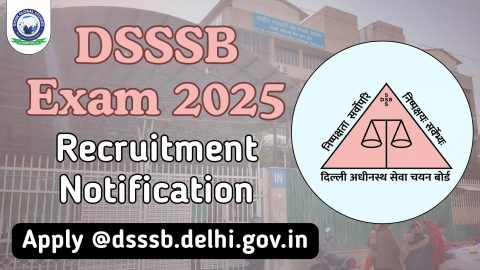


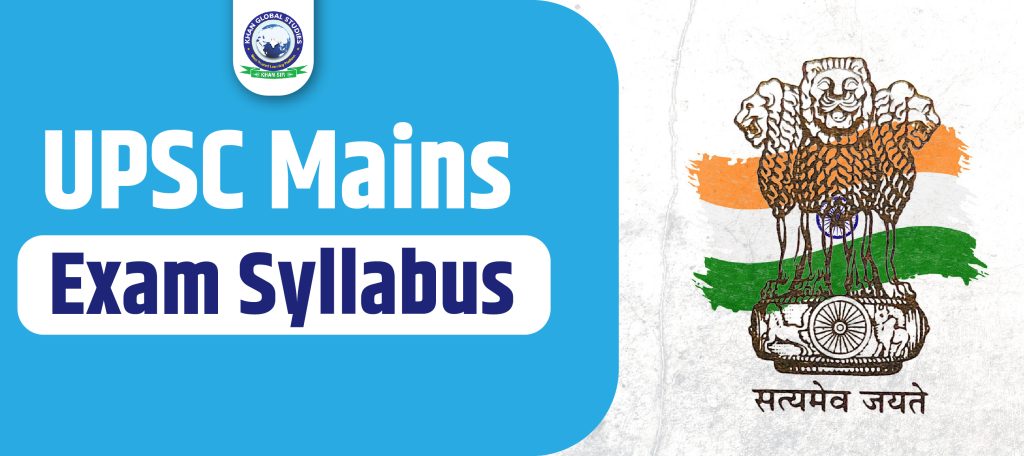

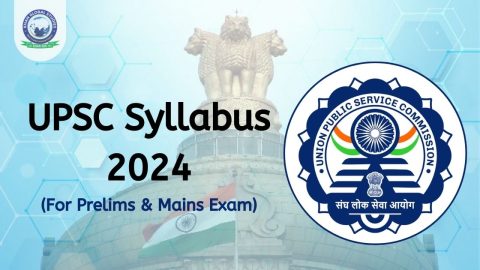
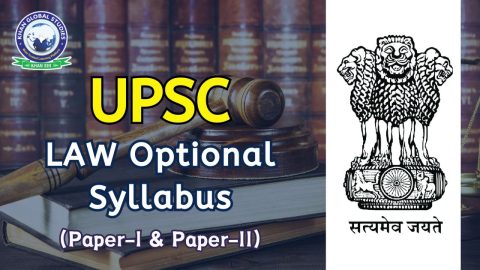
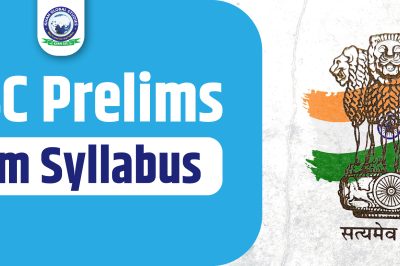
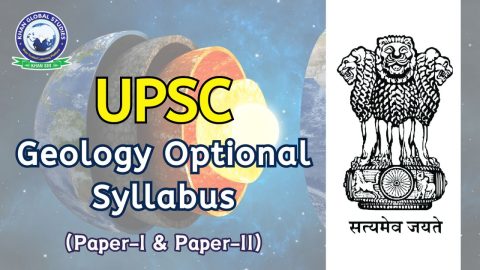
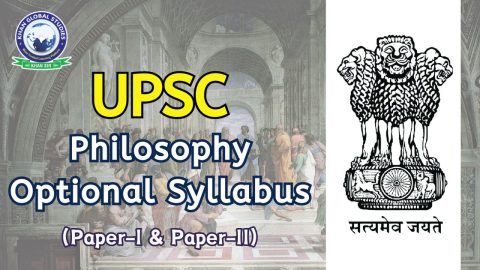
Sir,
Mujhe sabhi subject ka notes pdf chahiye. Kya mujhe mil sakta hai.
Agar mujhe notes mil jayega to bahut help ho jayegi.
Please try to understand sir🙏
Your student : Sanjana
Class : 12th
Hello, please contact our customer support @ +918757354880 for details. Thanks for connecting with us.
Sir mujhe sabhi subject ka notes chahiye.kya mil sakta hai agar mujhe notes mil jayega toh bahut help ho jayegi.
Please try to understand sir
Your student Pooja
Graduation (2and semester)
Sir mujhe sabhi subject ka notes chahiye.kya mil sakta hai agar mujhe notes mil jayega toh bahut help ho jayegi.
Please try to understand sir
Your student Pooja
Graduation (2and semester)
Sir mujhe sabhi subject ka notes chahiye.kya mil sakta hai agar mujhe notes mil jayega toh bahut help ho jayegi.
Please try to understand sir
Your student Pooja
Graduation (2and semester)
Hello, please contact our customer support @ +918757354880 for details. Thanks for connecting with us.
Hello, please contact our customer support @ +918757354880 for details. Thanks for connecting with us.
Thank you so much KGS Time and khan sir .
🫡🫡
Sir 2025 ka syllabus bhi milega abhi.
Sir 2025 upsc ka syllabus milega kay
Yes, you can download for here: Official Website of UPSC